Food myths have been messing with our minds for too long! People have all kinds of wild ideas about what’s healthy or not.
Well, buckle up, because I’m here to bust those myths wide open! From sugar being the devil’s candy to carbs being the bad guys, we’re about to get to the bottom of what’s true and what’s just food fiction.
Let’s sort out the facts before you eat yourself into confusion!
1. Eating Fat Makes You Fat
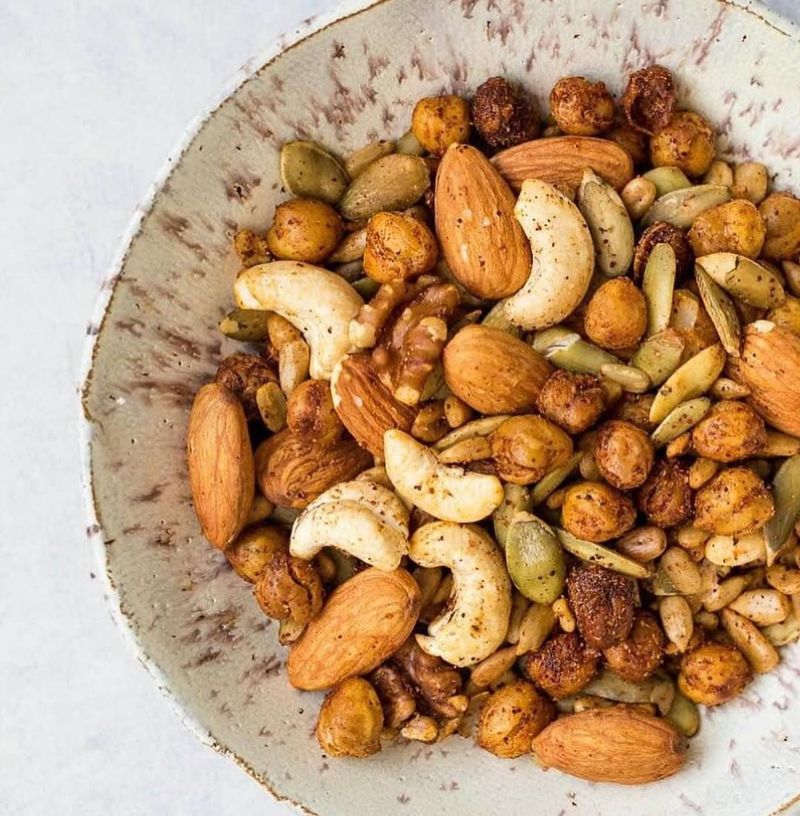
If you’re avoiding fats to lose weight, rethink that. Healthy fats, like those in nuts and avocados, are essential. They fuel your body and support cell growth. However, the key lies in moderation.
Overindulging can lead to weight gain. Where balance is practiced, fats become allies in maintaining a healthy lifestyle.
2. Carbs Are Bad For You
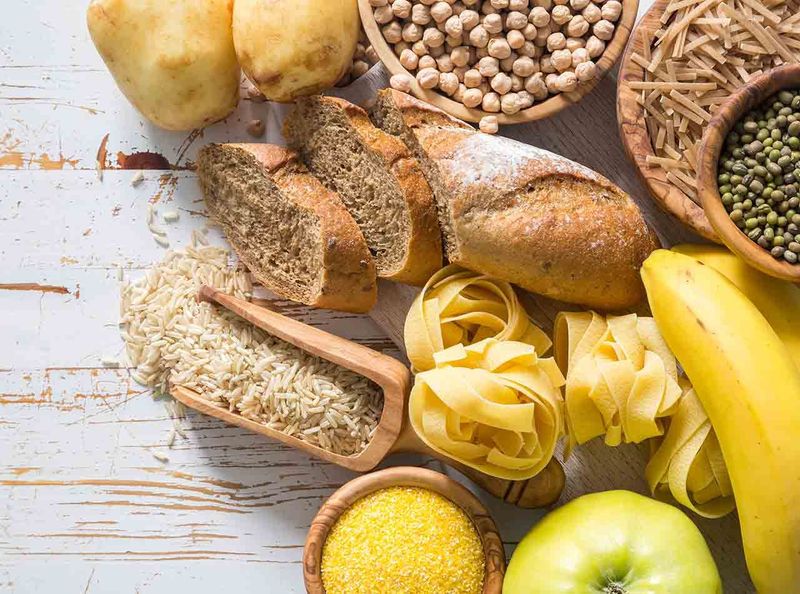
Carbohydrates often get a bad rap. Yet, they’re vital for energy. Complex carbs, like those in whole grains, provide sustained fuel without spiking blood sugar. How you choose your carbs matters.
Opt for whole sources, and you’ll find they support overall health rather than harm it.
3. Eggs Raise Cholesterol

Eggs have been wrongly blamed for high cholesterol. Though they contain cholesterol, they don’t significantly raise blood cholesterol in most people.
It’s saturated fats that impact levels more drastically. Including eggs in a balanced diet offers protein and essential nutrients, defying this myth.
4. Organic Foods Are Always Healthier
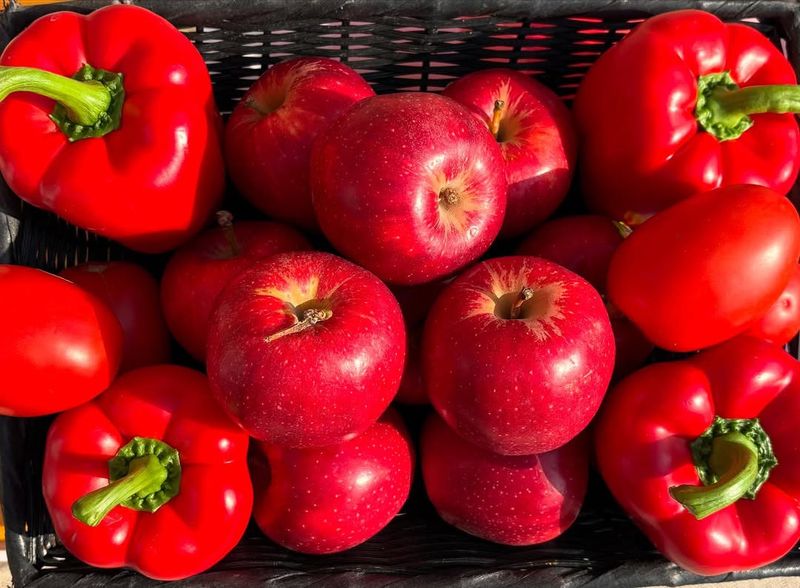
Organic doesn’t automatically mean better. While organic produce avoids synthetic pesticides, it doesn’t always offer more nutrients.
If you’re choosing organic for health, also consider the nutritional content. Nutrients matter more than labels. Freshness and variety play crucial roles in a healthy diet.
5. Gluten-Free Is Healthier
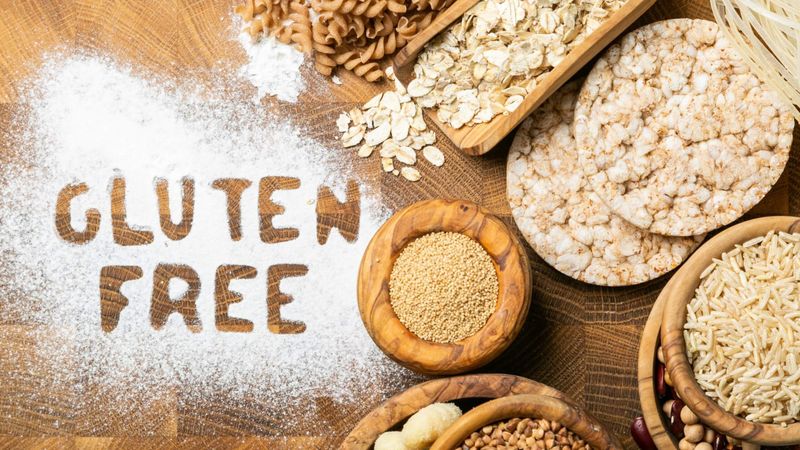
Where gluten-free diets help those with celiac disease, they’re not inherently healthier for everyone. Gluten-free products can be high in sugars and fats.
For those without intolerance, whole grains are nutritious. Evaluate your choice based on your body’s needs, not myths about gluten.
6. Microwaving Destroys Nutrients

Microwaving is often accused of nutrient destruction. However, it preserves nutrients well due to shorter cooking times. How you cook affects nutrients more than the appliance.
Steaming or microwaving can retain more vitamins than boiling. Hence, microwaving can be a quick, efficient way to prepare healthy meals.
7. Fresh Is Always Better Than Frozen
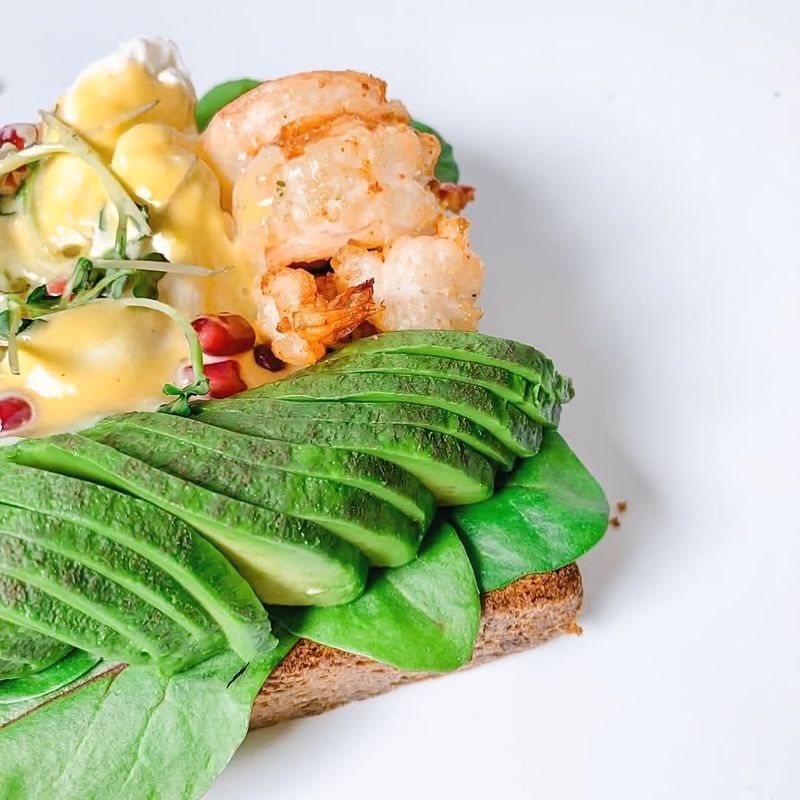
While fresh produce is best, frozen fruits and vegetables are also good at retaining nutrients. When fresh isn’t available, they provide a nutrient-dense substitute when frozen at their ripest.
To add diversity and balance to your meals, if you place a high value on nutrition, think about using both fresh and frozen alternatives.
8. Coffee Stunts Growth

However, coffee has never been scientifically proven to stunt growth. While caffeine affects sleep, growth is not impacted. Moderation remains key for adolescents.
Enjoy your cup of joe without fearing its effects on height. Rest is crucial for growth; hence, ensure enough sleep to counteract caffeine’s impact on rest.
9. Sugar Causes Hyperactivity In Children
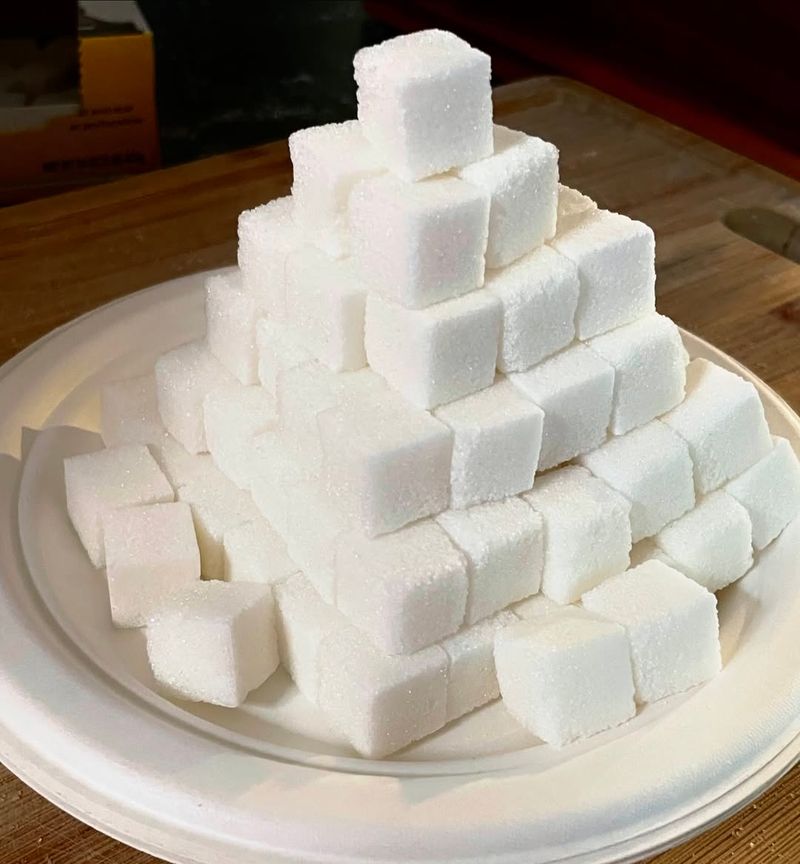
Parents frequently attribute hyperactive behavior to sweets. Sugar and hyperactivity are not directly linked, according to scientific research.
Energy spikes may be caused by excitement rather than sugar if you see them. Sugar may be included in a balanced diet without altering behavior as long as moderation is practiced.
10. You Need To Drink 8 Glasses Of Water A Day
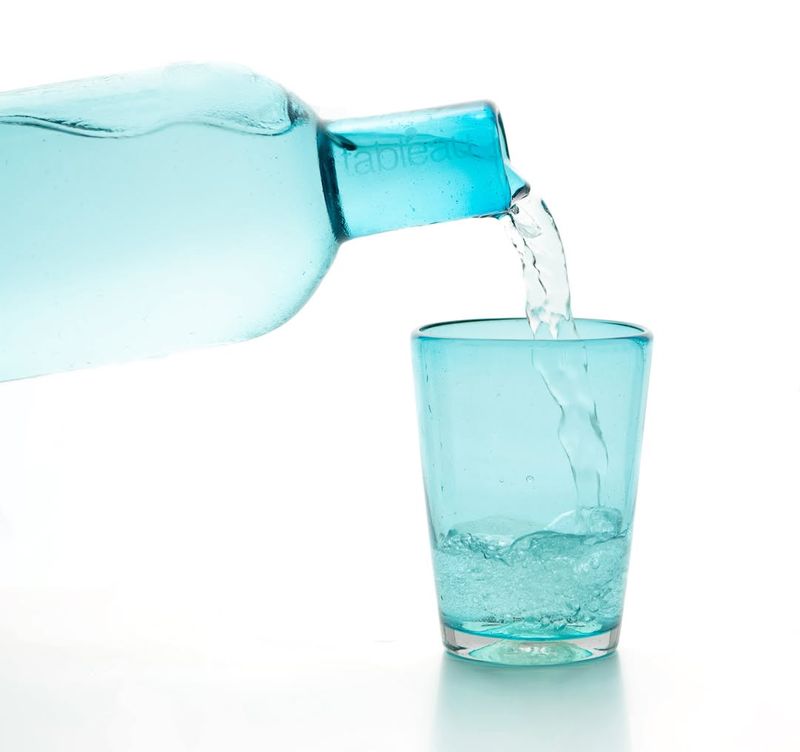
It is deceptive to use the eight-glass rule. Individual factors, such as nutrition, environment, and exercise level, influence hydration requirements. Pay attention to your body’s cues. Drink if you’re thirsty. Hydration is also aided by foods like fruits and vegetables.
Therefore, rather than following a set amount, fluid consumption should be based on individual needs.
11. Red Meat Is Bad For Your Heart
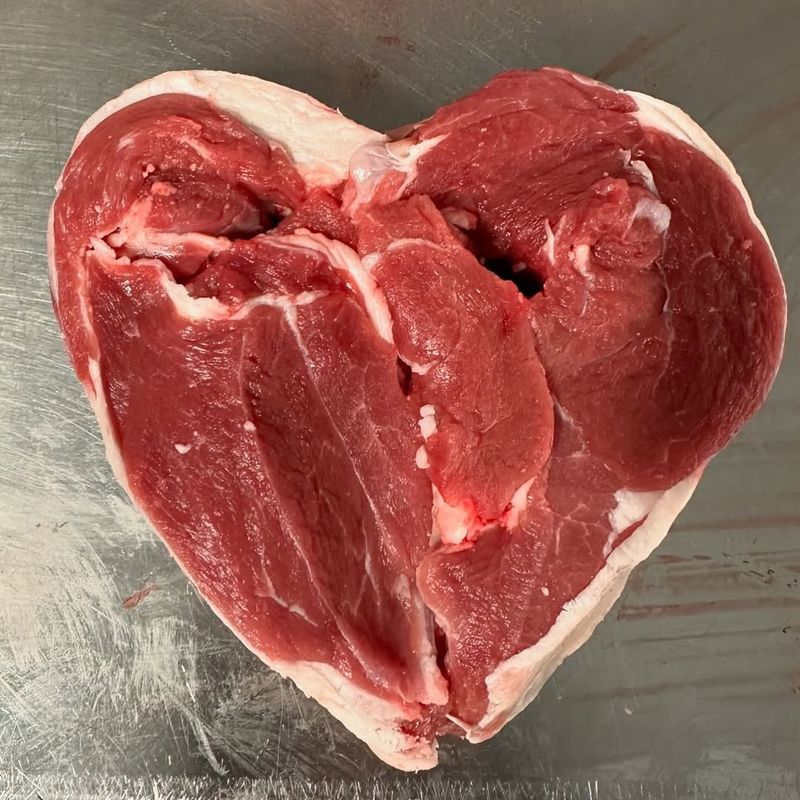
Red meat often faces scrutiny regarding heart health. While excessive consumption can pose risks, moderate intake within a balanced diet doesn’t harm the heart.
Focus on lean cuts and portion control. How you prepare it matters too — grilling over frying can reduce unhealthy fat intake.
12. All Calories Are Equal
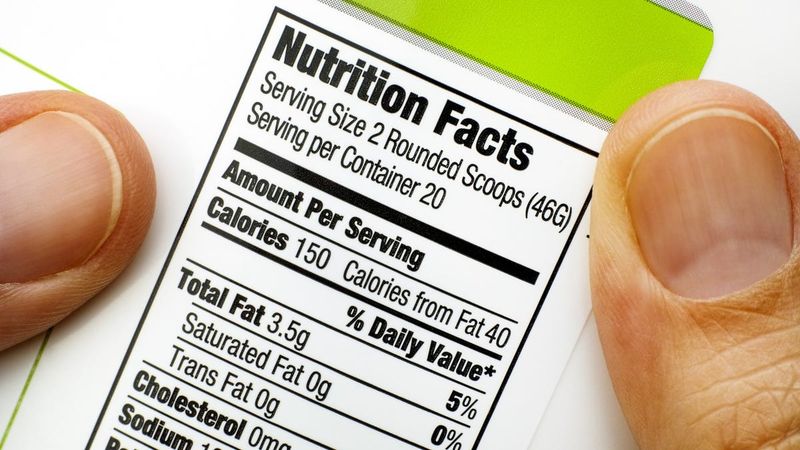
Calories from a soda aren’t equal to those from an apple. Nutrient density matters. Where processed foods offer empty calories, whole foods provide vitamins and minerals.
Aim for quality, not just calorie count. Calories should fuel your body, not just fill it. Choose wisely for overall well-being.
13. Detox Diets Cleanse Toxins
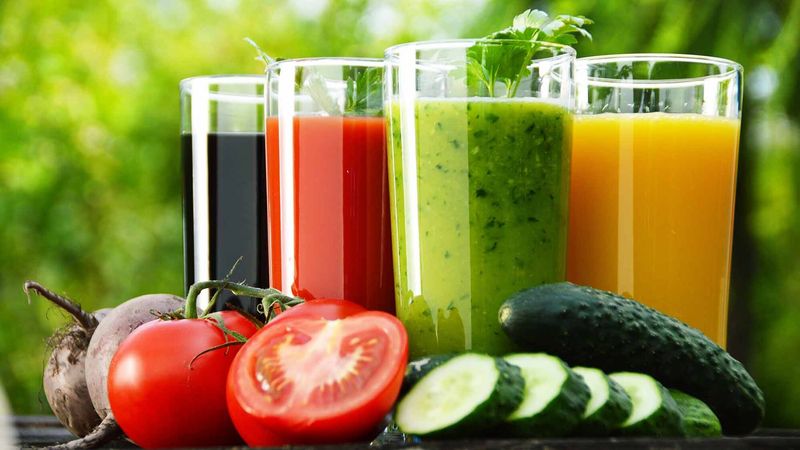
Although they lack scientific support, detox diets promise cleaning. The liver is one of the organs in your body that naturally detoxifies. Detox diets can be restrictive even if they could help people lose weight temporarily.
A balanced diet, drinking enough of water, and avoiding processed foods are the main goals if you want to encourage natural detoxification.
14. Brown Sugar Is Healthier Than White Sugar
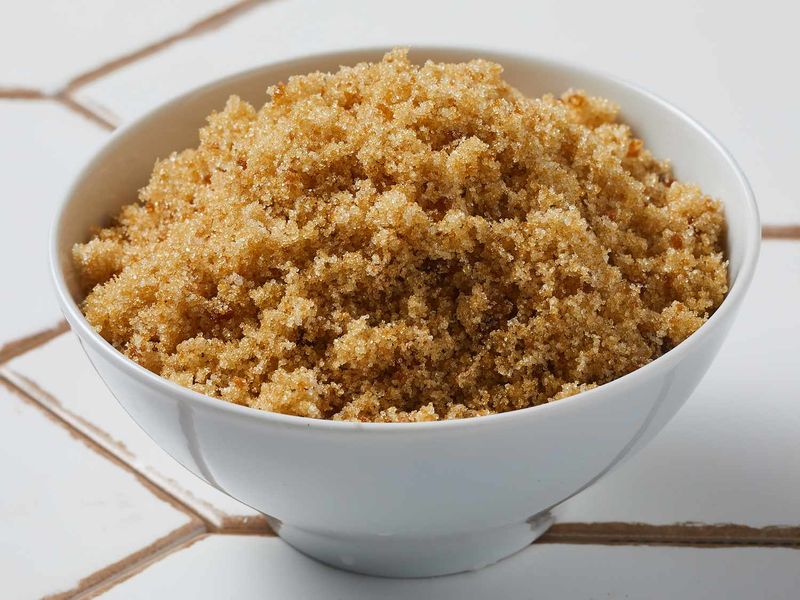
Brown sugar often seems healthier, but the difference is minimal. It’s white sugar with molasses. Nutritional variance is minor. If you prefer brown sugar for taste, enjoy it in moderation.
However, for health benefits, consider reducing overall sugar consumption. Both types impact blood sugar levels similarly.
15. Spicy Food Causes Ulcers
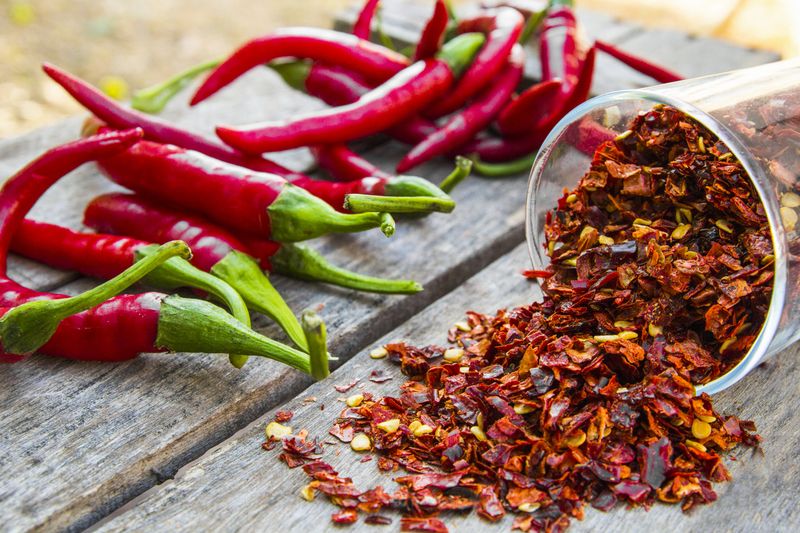
Spicy foods don’t cause ulcers; the real culprits are bacteria like H. pylori and certain medications. If you enjoy heat in your meals, continue without worry.
Yet, if you experience discomfort, moderation helps. Ensure you maintain gut health by balancing spicy foods with other nutrients.
16. Vegetarians Can’t Get Enough Protein
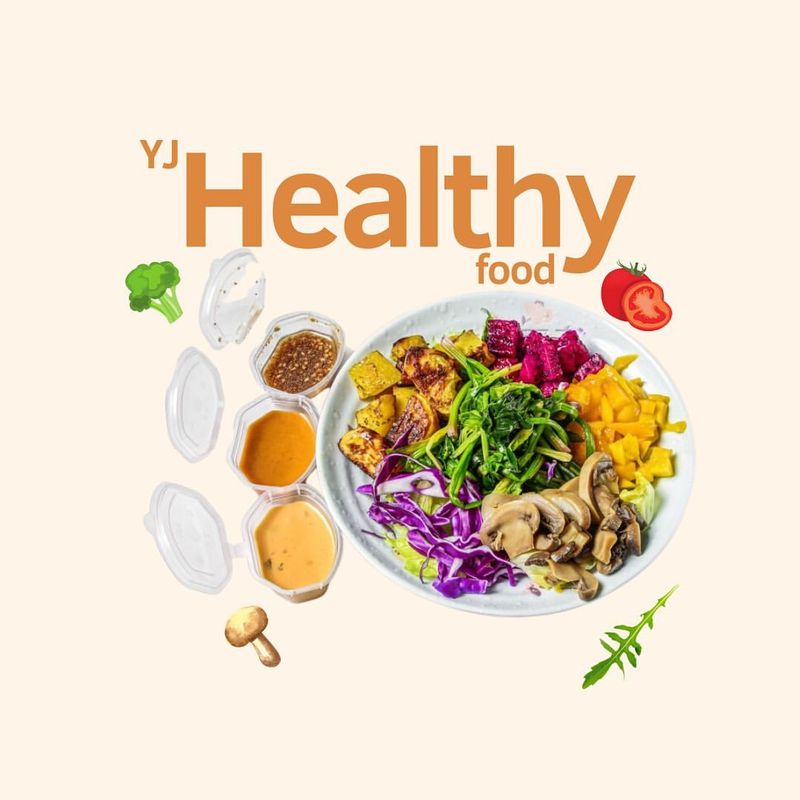
Vegetarians can meet protein needs through diverse sources like beans, lentils, tofu, and nuts. How you combine foods matters.
While animal products are protein-rich, plant-based diets offer ample opportunities. Embrace variety to ensure all essential amino acids are met. Protein adequacy is achievable without meat.
17. You Should Avoid Eating After 8 PM

Eating late doesn’t directly cause weight gain. It’s about calorie intake, not timing. Evening snacks can fit into a balanced diet, particularly if you’re mindful of portions.
If hunger strikes, opt for nutritious choices. Listen to your body’s needs rather than adhering to strict timing rules.
18. Frozen Yogurt Is Healthier Than Ice Cream

It’s not always the case that frozen yogurt is healthier than ice cream. It may include less fat, but it may also contain more sugar. Examine nutritional labels and ingredients.
The secret is moderation if you like frozen sweets. For further advantages, look for alternatives that have living cultures. Strike a balance between having fun and making wise decisions.
19. Salt Is The Only Source Of Sodium
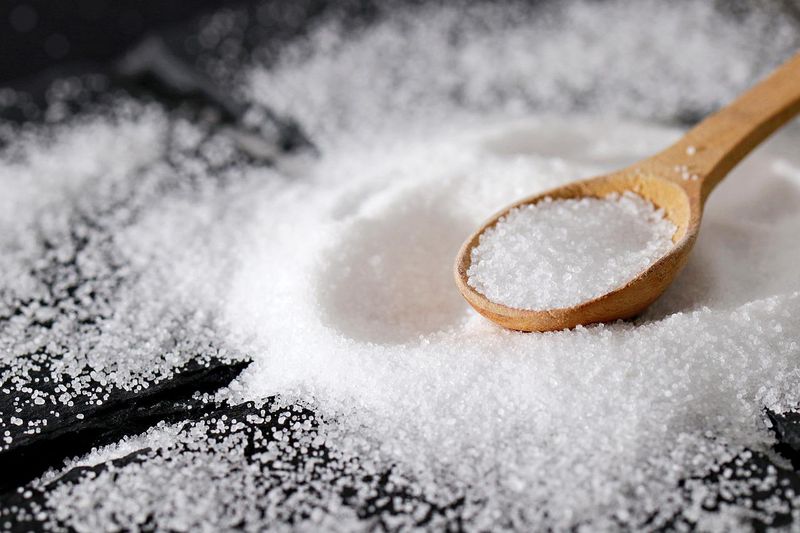
Where salt is a well-known sodium source, processed foods contribute excessively. Bread, snacks, and sauces often hide high sodium levels. If you’re watching sodium intake, read labels carefully.
Alternative seasoning can enhance flavor without excessive salt. Balance is crucial for maintaining healthy blood pressure.
20. Breakfast Is The Most Important Meal Of The Day

Breakfast’s role varies per individual. While it boosts morning energy, it’s not vital for everyone. If you’re not hungry, it’s okay to skip. Focus on overall daily nutrition rather than meal timing.
How you nourish your body throughout the day matters more than any single meal.
21. Eating Small Meals Boosts Metabolism
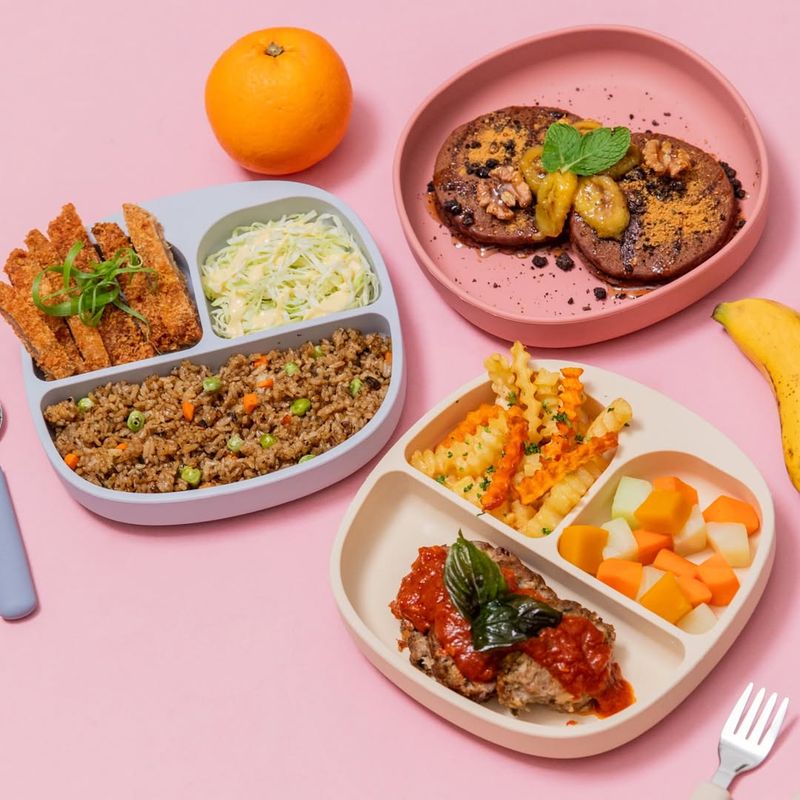
Eating small meals frequently may not always increase metabolism. Food quality and total calorie consumption have a greater impact. It’s okay if you want smaller portions. Meal frequency should, however, be in line with lifestyle and personal preferences.
For optimal support of metabolic health, concentrate on eating nutrient-dense, well-balanced meals.
22. Fruit Juices Are As Healthy As Whole Fruits
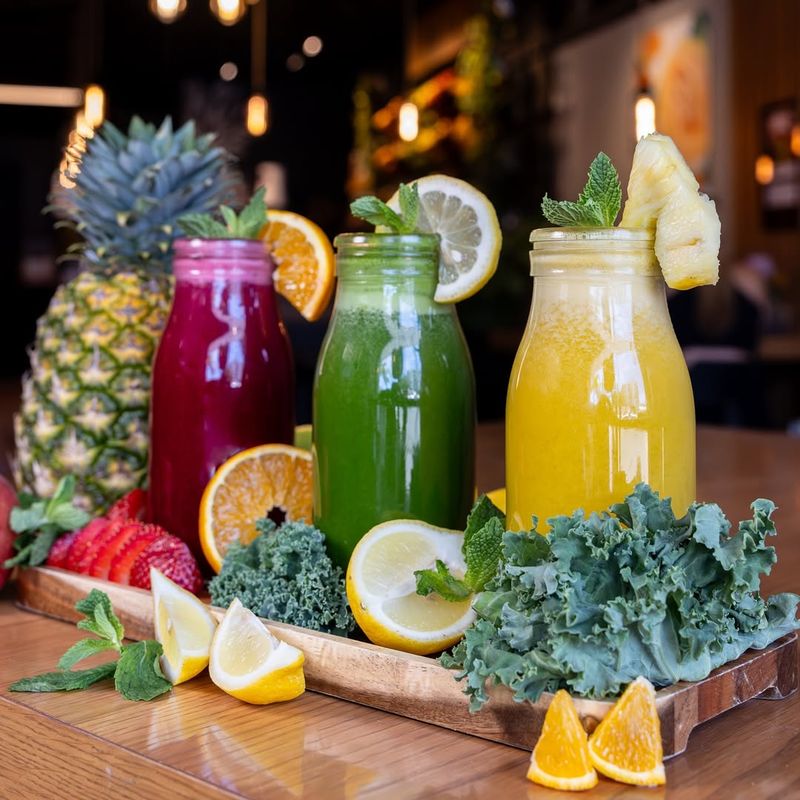
The fiber in whole fruits, which promotes satiety and digestion, is absent from juices. Juice should be viewed as an occasional pleasure rather than a substitute if you like it.
Whole fruits provide additional advantages and minerals. To take use of fruit’s natural sugars in a healthy way, balance your intake of juice with that of whole fruit.
23. All Fat-Free Foods Are Healthy
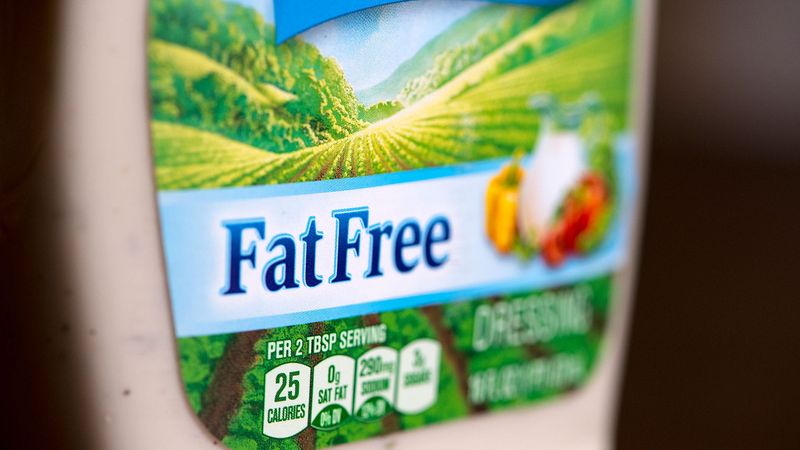
Just because it’s fat-free doesn’t mean it’s healthy—let’s be real, it’s usually packed with sugar and stuff you can’t pronounce. If you’re picking fat-free for your health, you better start reading those ingredient lists like you’re deciphering ancient hieroglyphics. Want real nutrition?
Go for whole foods with natural fats, like nuts—they’re not the villains they’ve been made out to be!
24. Eating Celery Burns More Calories Than Consumed

Celery’s low-calorie nature means minimal consumption, but it doesn’t burn more than it provides. The myth of negative-calorie foods isn’t scientifically supported. If you seek metabolism-boosting foods, focus on variety and balance.
Celery can be part of a healthy diet, but not for calorie-burning claims.
25. You Can Drink Away A Hangover

Hydration is your best friend, but more alcohol? That’s just inviting the hangover to stick around longer. Skip the “hair of the dog” and go for water, rest, and some good nutrition to feel better faster.
Healthy meals and solid sleep will work wonders—trust me, they’re the hangover heroes! If you want to kick those hangover blues, hydrate and nourish, and listen to your body’s SOS for recovery.
26. Skipping Meals Helps Lose Weight
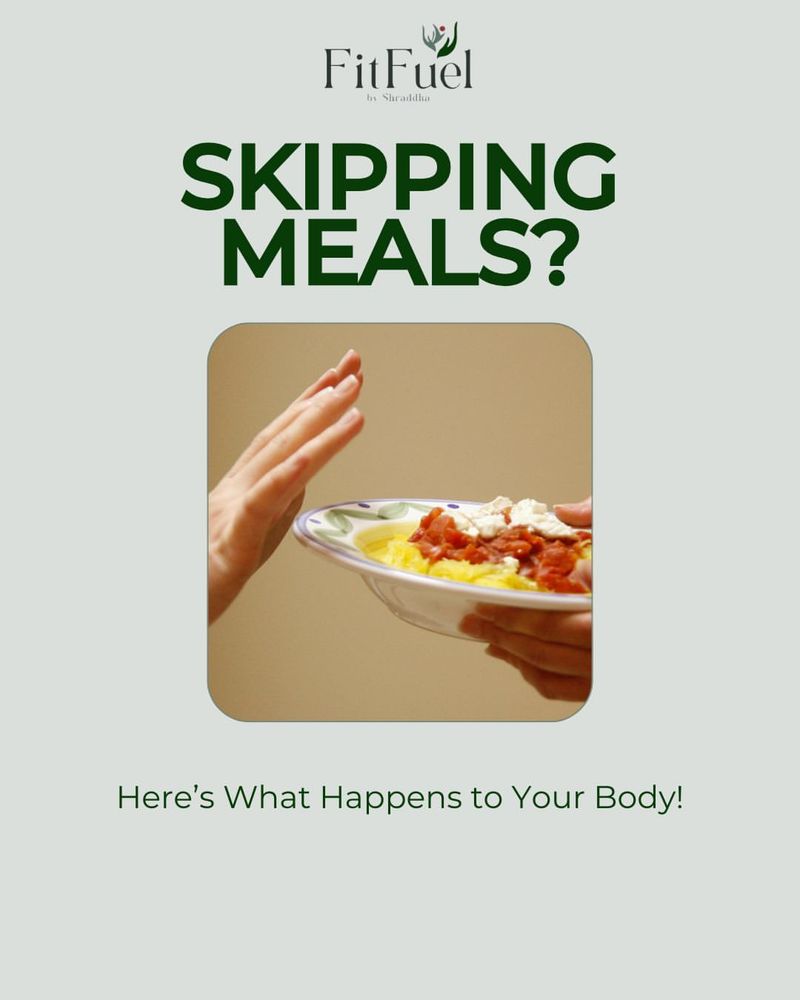
Skipping meals can lead to overeating later. Consistency in eating supports metabolism and energy levels. If weight loss is your goal, opt for balanced meals.
Where you choose to reduce calorie intake, do so wisely. It’s essential to nourish your body consistently for sustainable health and wellness.
27. Eating Fish Makes You Smarter

Omega-3s from fish are good for the brain, but they don’t make you smarter. If you want to improve cognitive performance, eat fish as part of a healthy diet.
But intellect is influenced by a number of things.
Savor fish for its nutritional value rather than as a miraculous brain enhancer. Balance is still crucial.
28. Honey Is Healthier Than Sugar
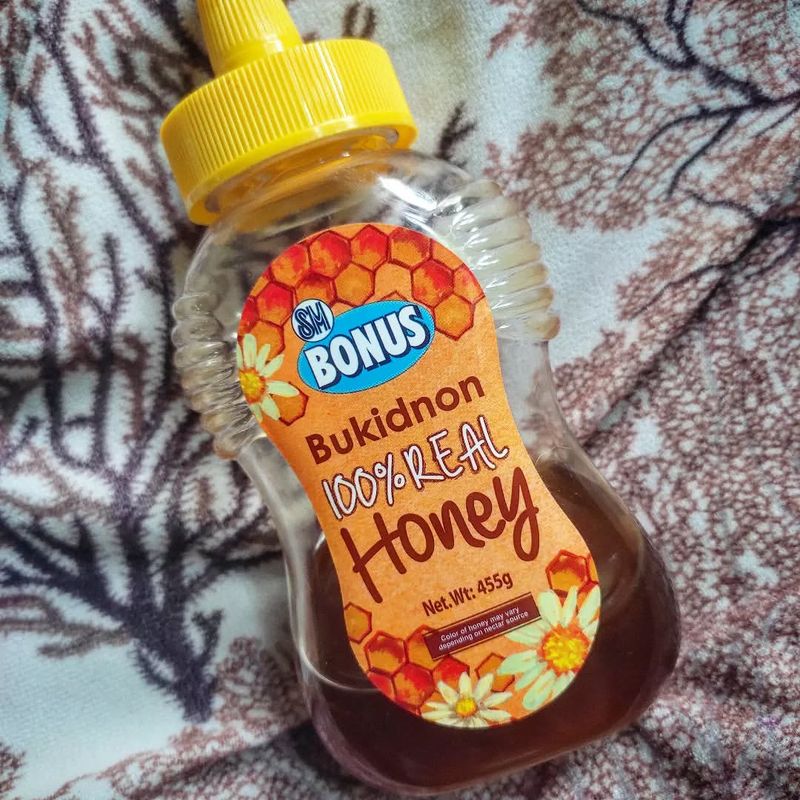
Let’s not deceive ourselves—despite its antioxidant content, honey is still sugar! Use honey carefully if you’re reaching for it in the hopes of finding some miraculous health potion. Regular sugar and honey can both cause a little fluctuation in your blood sugar levels.
Go ahead and indulge if your taste senses are telling you to, but watch how much sugar you consume overall.
29. Milk Causes Mucus Production
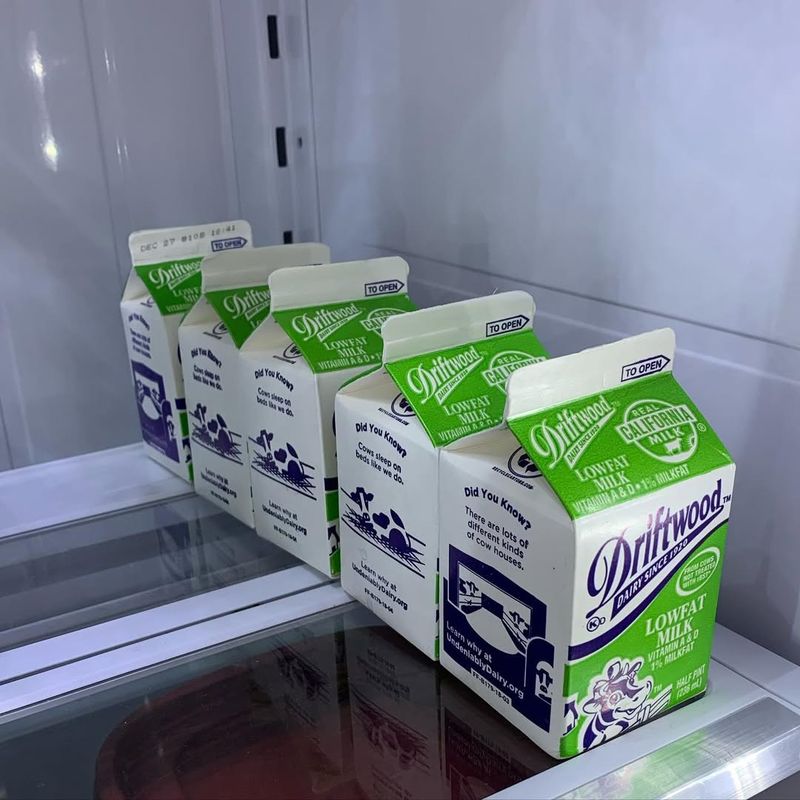
Milk gets the bad rap for causing mucus, but guess what? There’s no science backing that claim!
If you’re feeling congested after dairy, it might just be your body throwing a little hissy fit, not a mucus factory kicking in. Pay attention to how your body reacts—moderation can keep things in check.
30. Carrots Give You Night Vision

Many claim that eating carrots grants you night vision. This myth stems from World War II, when British forces spread rumors that their pilots had superior night vision due to carrot consumption to mask the use of radar technology.
Today, this myth persists, though carrots are merely rich in vitamin A, supporting overall eye health. However, they do not endow one with nocturnal sight.

